Geothermal vs. ASHPs - what's the difference?
Heating and cooling systems play a crucial role in maintaining comfortable indoor temperatures in homes everywhere . With advancements in technology, homeowners have various options for energy-efficient heating and cooling systems. Two popular choices are geothermal heating systems and air source heat pumps (ASHPs). This comprehensive guide will help you decide between installing a geothermal heating system and an air source air/air heat pump for domestic applications in both Canada and the US. We will discuss different types of geothermal systems, ground loop, borehole, lake loops, and cold climate ASHPs, as well as the possible grants and tax credits available for each option.
The different types of geothermal heating systems
Geothermal heating systems harness the earth's constant temperature to heat and cool buildings. These systems comprise three main components: a ground loop, a heat pump, and a distribution system. Geothermal systems come in various forms, including ground loop, borehole, and lake loops - find out all about geothermal heating here.
Ground loop systems
Ground loop systems use a series of pipes buried in the ground to extract heat from the earth. These pipes contain a mixture of water and antifreeze, which circulates through the loop and absorbs the heat from the ground.
Borehole systems
Borehole systems involve drilling deep holes into the ground and inserting pipes vertically. This type of system is suitable for areas with limited space for horizontal ground loops.
Lake loop systems
Lake loop systems utilize a body of water, such as a pond or lake, as a heat source. Pipes are submerged in the water, and the heat is extracted from the water and transferred to the building.
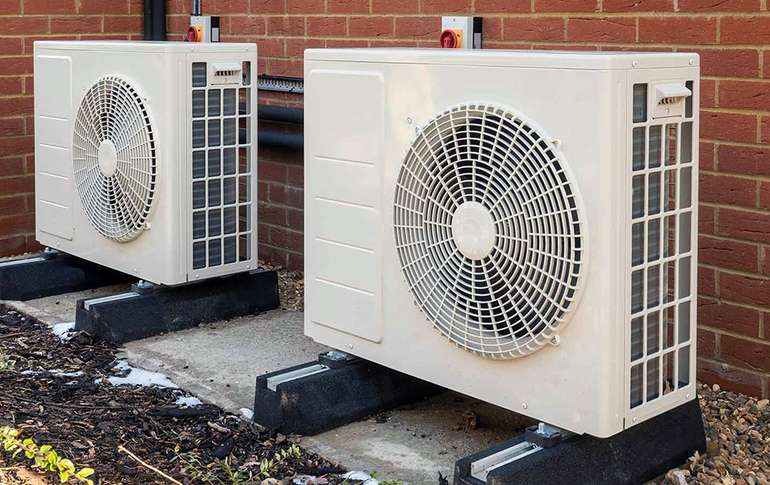
Air Source Heat Pumps (ASHPs)
Air source heat pumps extract heat from the outside air and transfer it to the building. They can also work in reverse, cooling the building by extracting heat from the indoor air and transferring it outside. Cold climate ASHPs are designed to cope with lower temperatures without backup heating.
Geothermal heating systems versus an ASHP
When deciding between a geothermal heating system and an ASHP, consider the following factors:
Climate
Geothermal systems are more efficient in colder climate zones, while ASHPs perform better in milder climates. Cold climate ASHPs can cope with lower temperatures, but their efficiency decreases as the temperature drops.
Space Availability
Geothermal systems require more space for installation, especially ground loop systems. If space is limited, a borehole or lake loop system may be more suitable. ASHPs require less space and can be installed on the side of a building.
Installation Costs
Geothermal systems generally have higher upfront costs due to the installation of the ground loop or borehole. However, they have lower operating costs and can provide significant savings over time. ASHPs have lower installation costs but may have higher operating costs, especially in colder climates.
Energy Efficiency
Geothermal systems are generally more energy-efficient than ASHPs, especially in colder climates. They can provide up to 70% savings on heating bills compared to oil-fired systems and natural gas or propane systems. ASHPs can also provide significant energy cost savings up to 60%, but their efficiency decreases as the outside temperature drops.
Renovations vs. New Builds - are ASHPs or Geothermal heating systems better?
Geothermal systems are more easily integrated into new builds, where the ground loop or borehole can be installed during construction. Installing a geothermal system in an existing home may require more extensive renovations and higher costs. ASHPs can be more easily retrofitted into existing homes without major renovations and mini-split systems can provide a great way of reducing heating costs while adding air conditioning to an older home.
Grants and Tax Credits for Geothermal and Heat Pumps
Both geothermal systems and ASHPs may qualify for grants and tax credits in Canada and the US, helping to offset the initial installation costs. In Canada, homeowners can access grants through programs such as the Canada Greener Homes Grant, offering up to $5,000 for energy-efficient retrofits, including geothermal systems and ASHPs, but then provincial benefits can bump this up to as much as $17,000 for heat pumps and $56,250 for geothermal heating systems (if you need a big unit of 75000 Btu's). In the US, federal tax credits are available for geothermal systems, covering 26% of the installation costs through 2022, and decreasing to 22% in 2023. ASHPs may also qualify for federal tax credits, as well as state and local incentives, depending on the location - we'd suggest checking with your local Municipality for up to date grant information.
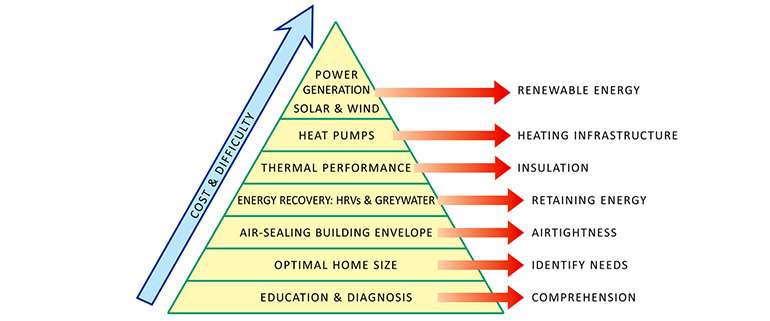
Logically, between geothermal and ASHPs, how to pick a winner?
To decide between a geothermal heating system and an ASHP for your home, consider the following key points:
- Assess the climate in your area. If you live in a colder climate zone, a geothermal system may be more efficient.
- Evaluate the available space for installation. If space is limited, consider a borehole or lake loop geothermal system or an ASHP.
- Compare the installation and operating costs of both systems. Geothermal systems have higher upfront costs but lower operating costs, while ASHPs have lower installation costs but potentially higher operating costs in colder climates.
- Consider the energy efficiency and potential savings on heating bills. Geothermal systems generally provide greater savings, especially in colder climates.
- Determine whether you are renovating an existing home or building a new one. Geothermal systems are more easily integrated into new builds, while ASHPs can be more easily retrofitted into existing homes.
- Research available grants and tax credits in your region to help offset installation costs.
So are geothermal heat pumps better than air source heat pumps?
In conclusion, the decision between installing a geothermal heating system or an air source heat pump depends on many factors such as climate, available space, installation and operating costs, energy efficiency, and whether you are renovating an existing home or building a new one. By carefully considering these factors and following the logic flow outlined above, you can make the best decision for your specific situation and enjoy the benefits of an energy-efficient heating and cooling system. Remember to explore available grants and tax credits to help offset the initial costs and make your choice even more cost-effective, as there are some significant savings to be made that can help lighten the load and our carbon footprint. We'd also like to point out that the best return on investment for home renos and upgrades are often the easiest and cheapest ones, and involve paying attention to the details, like choosing the best caulking, making sure the home's air sealing is good, installing a heat recovery or energy recovery ventilation system (HRV or ERV) and making sure the home's attic and walls are well insulated. Take a look at which home renovation measures make the biggest improvements and energy savings at the lowest cost here.
Now you know more about Geothermal Heating vs. Air Source Heat Pumps and how to decide which is best, learn more about efficient home heating systems for eco homes and sustainable home building in our green building guide and these pages:
Find more about green home construction in the Ecohome Green Building Guide pages - also, learn more about the benefits of a free Ecohome Network Membership here. |


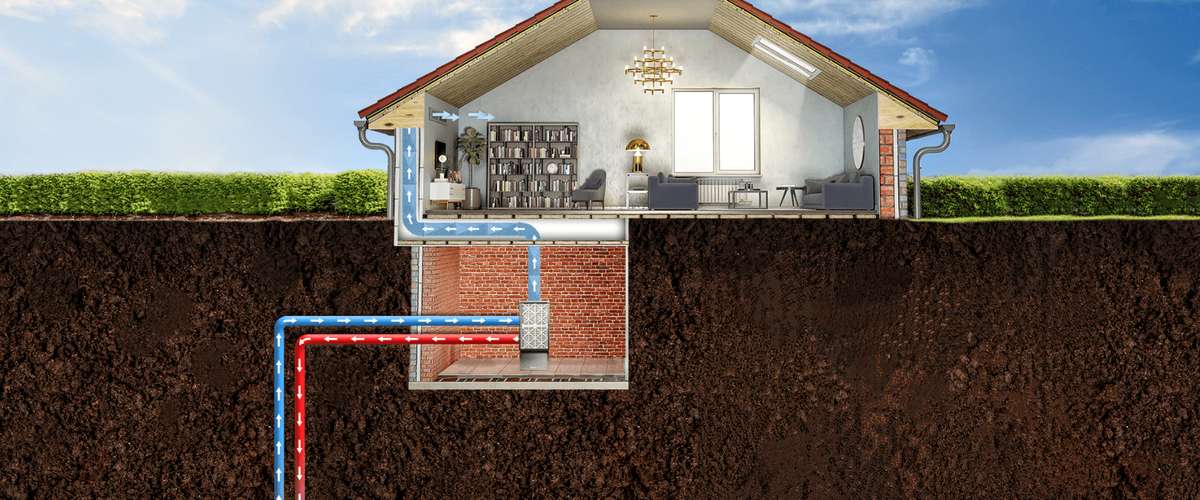









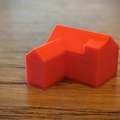



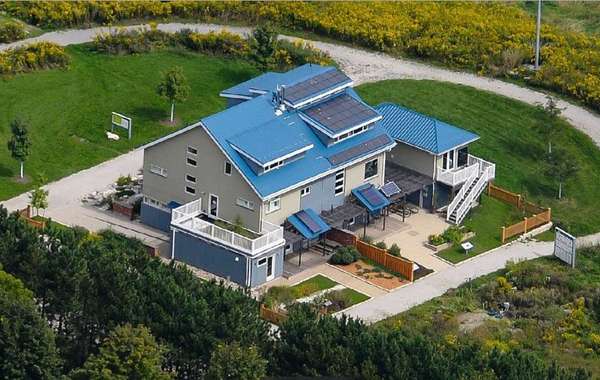
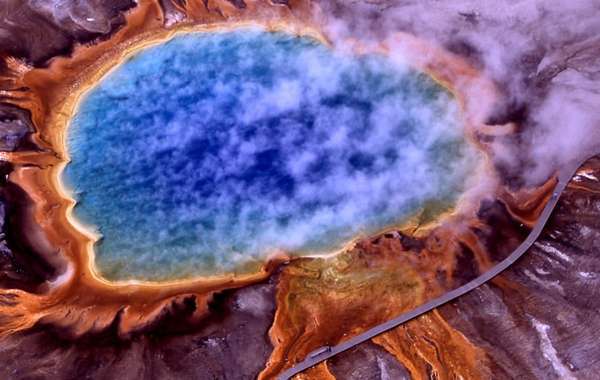
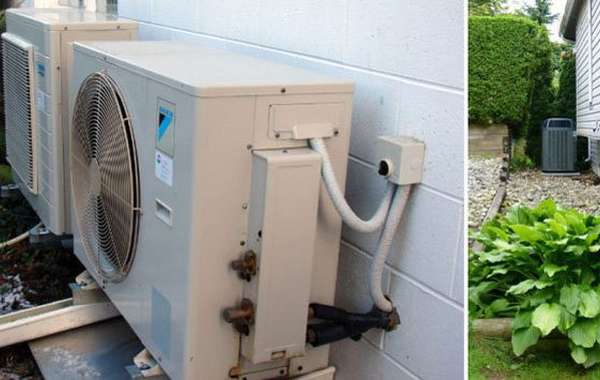
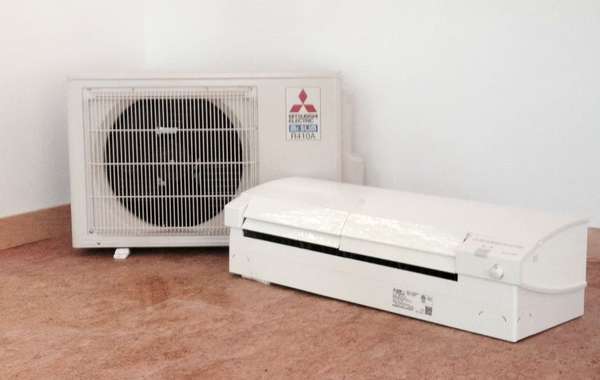
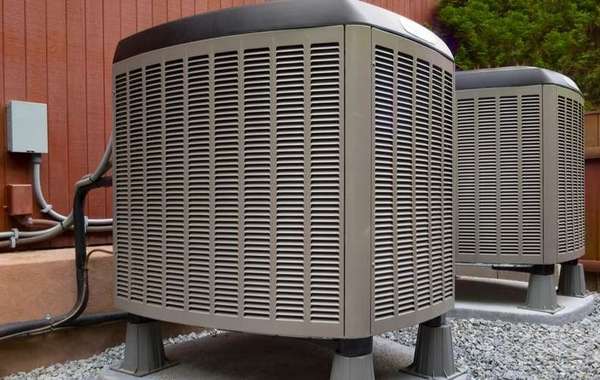
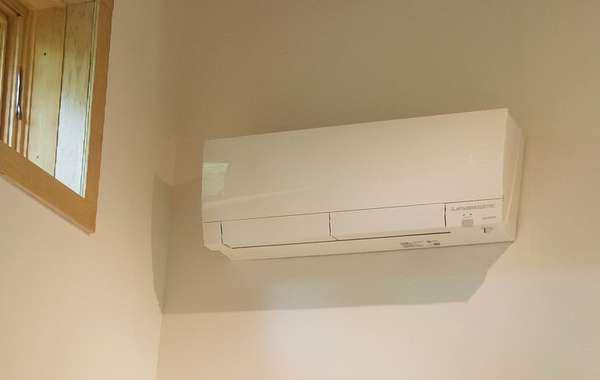
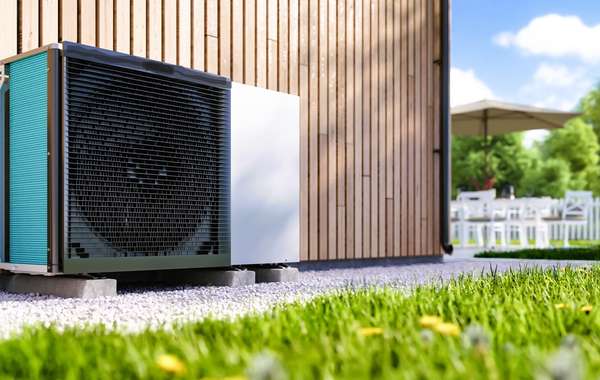
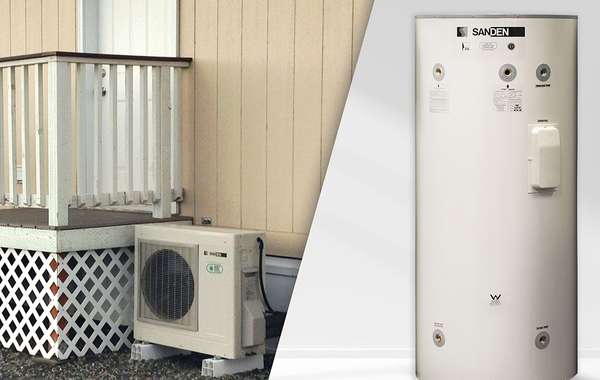
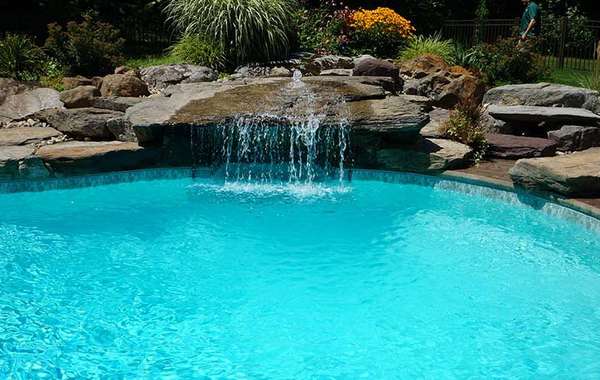
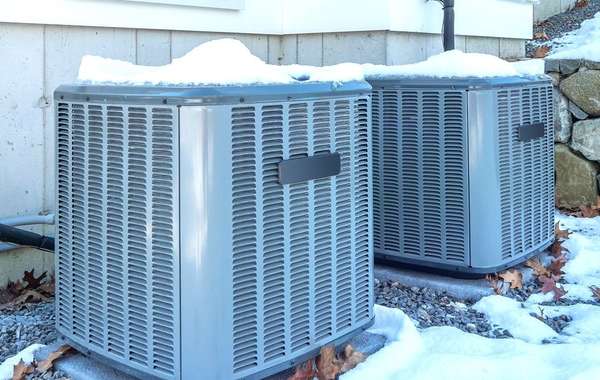

This article was good, but still left me wondering if geothermal is more efficient for me or not. For example, the article states: "Geothermal systems are more efficient in colder climate zones, while ASHPs perform better in milder climates" but fails to say which areas of the country are in colder climate zones vs milder climates. I need to know if geothermal or ASHPs are better where I specifically live, and the general principle fails to answer that even generally.